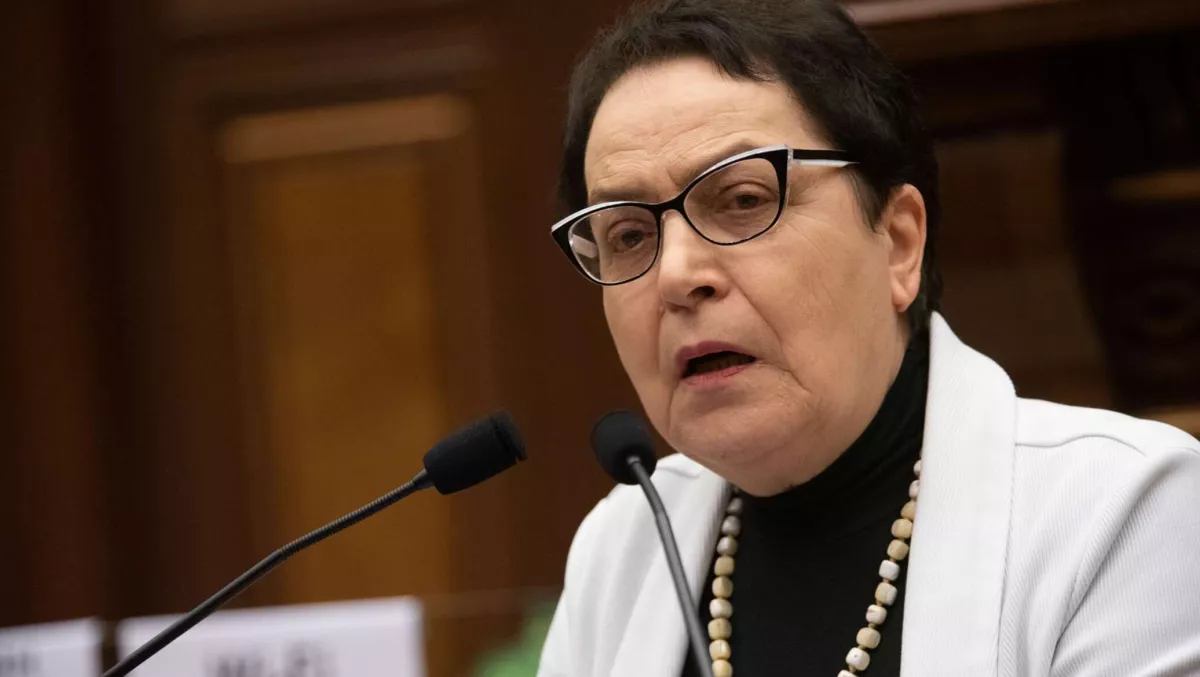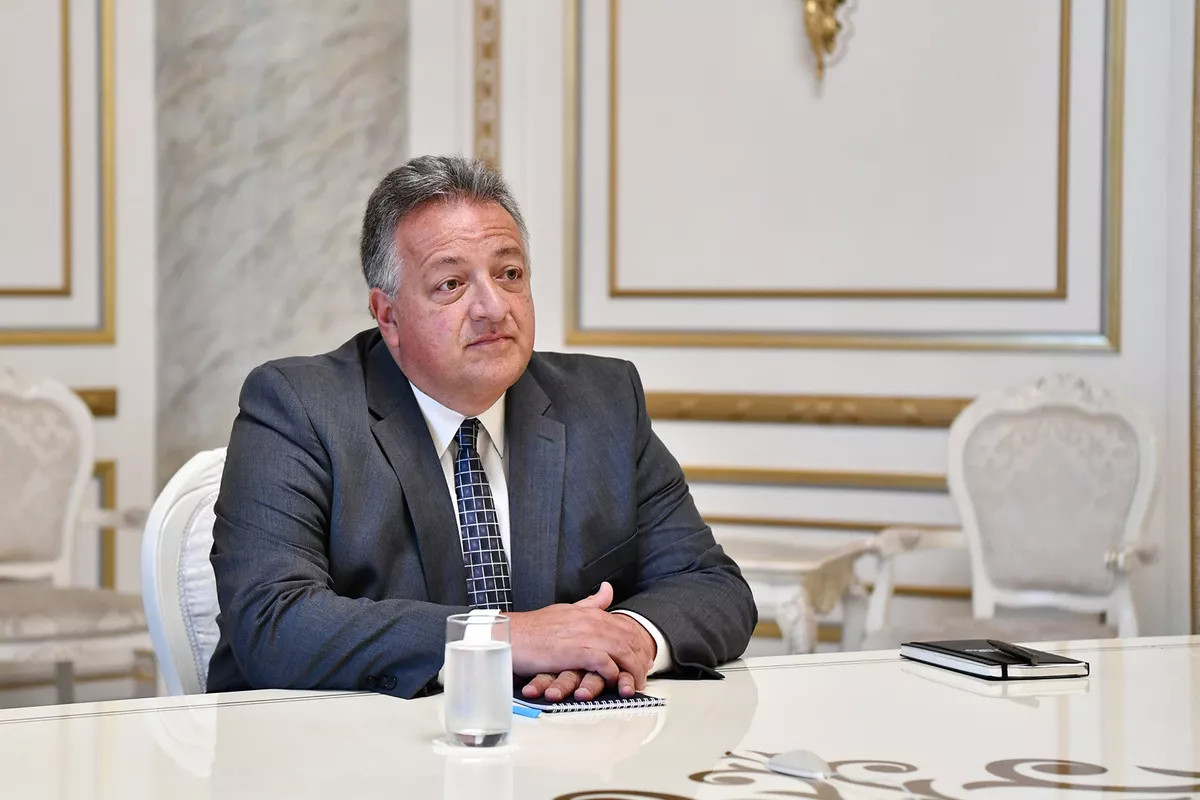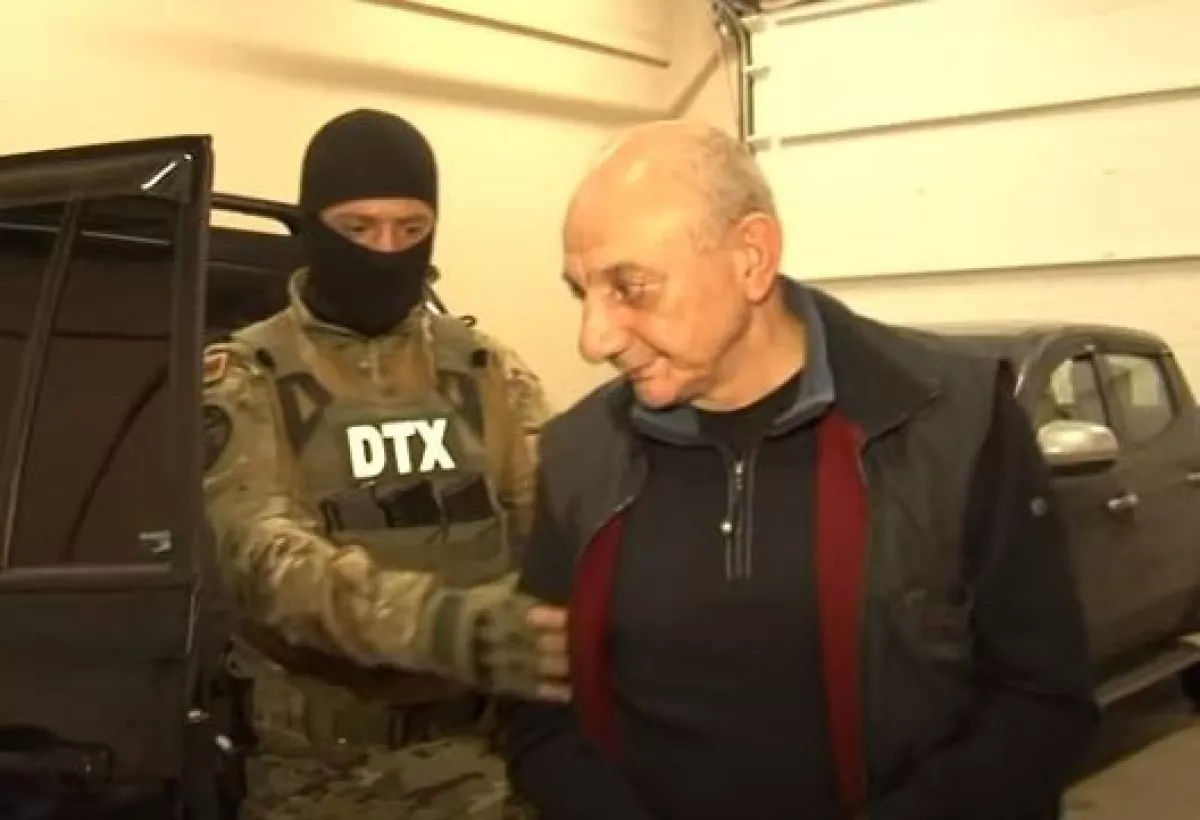Azerbaijan’s stance on peace with Armenia Justice must be restored
The era of what can only be described as "intoxicating stories" continues. Our editorial team has previously pointed out that the statements of Armenian political figures often lack coherence, though if you look closely, you might find something amusing in them. However, every now and then, among these statements, you do come across something rational and sensible. I'd call it the "voice of reason," or perhaps a case of "after carefully weighing the pros and cons, some are finally grasping the complexity of the current political situation." To illustrate, let me offer a brief example.
"Azerbaijan's stance on the military-political leadership of 'Artsakh' has been made clear: Azerbaijan has no obligation to return or release them. These individuals will face trial as leaders of a separatist and terrorist movement," Armenia’s first, and now former, Ombudsperson Larisa Alaverdyan stated.

This is precisely what I call a "reasonable statement." It’s clear that the author is an educated, observant person who fully understands that in a situation where you have no grounds to demand anything, you shouldn’t expect anything. The former ombudsperson reluctantly, through what could be described as gritted teeth, acknowledged that the detained militants will indeed be tried for separatism and terrorism, not for some so-called "fight for human rights or freedom of assembly."
Moreover, the recognition that "Azerbaijan has no obligation to return or release them" deserves praise. All in all, it’s a solid "A-minus"—not completely hopeless. It shows they "can get it right when they want to." Or at least when they grasp the utter futility of their requests. As for demands, well, that's not even on the table. It’s simply not the right time for them to demand anything from us—that would be a pointless endeavour.
And why the "minus," you may ask? It's due to the poor choice of language. The term "Artsakh" is deeply offensive to us; it’s a word we strongly dislike. Therefore, I would recommend avoiding its use in the future.
While the former ombudsperson impressed our editorial team, our next subject left us somewhat disappointed. Honestly, given his credentials—a scholar, a PhD in biochemical engineering, an inventor, a philanthropist, and the co-founder of the biotechnology company Moderna, which produces the coronavirus vaccine—I expected more from him. After all, he had the right to set higher standards.
So, meet Noubar Afeyan, an Armenian-American businessman and philanthropist, founder and CEO of Flagship Pioneering. He expressed confidence that the government of the Republic of Armenia would do everything in its power to ensure that "Armenian prisoners held in Baku return home." Following his confident assertion, the esteemed businessman then ventured to express his hope that "a peace treaty between Armenia and Azerbaijan will be successfully signed."

We have no objections to signing a peace treaty with Armenia, and this has been stated repeatedly from the highest platforms. However, such a treaty can only be signed after all provisions regarding territorial claims against neighbouring countries are removed from the Armenian Constitution. Therefore, expressions of hope for a treaty should not be directed at us; we need this agreement far less than Armenia does.
Additionally, I would like to emphasize the importance of precise language. Despite all his titles and accolades, this gentleman fails to grasp the simple truth that we have no prisoners of war. The ones that existed have already been handed over to Armenia as a gesture of goodwill. Instead, there are individuals in custody facing charges related to a range of serious crimes, including financing terrorism, forming armed groups, illegal border crossing, conducting training for terrorists, and creating armed formations not sanctioned by law—actions that have resulted in a loss of life. For such offences, even the most lenient judge would not hand down anything less than a life sentence; it simply wouldn't be within reason.

Moreover, during his speech—delivered at a press conference in the Matenadaran—Noubar Afeyan, a scholar, PhD in biochemical engineering, inventor, philanthropist, and co-founder, stated: "It is impossible to have peace based on injustice; such a peace has never existed." This is a completely valid observation, and there’s little to argue against it. However, the key point is that justice has already been restored, thanks to our armed forces, which have reestablished Azerbaijan's territorial integrity and contributed to the full and unconditional triumph of international law—ideals to which we are all steadfastly committed.
Mr. Afeyan is absolutely right in asserting that a peace based on injustice has never existed. I would venture to add that such a peace will never exist. Justice must be understood correctly: specifically, Karabakh is Azerbaijan. The fate of detained terrorists and separatists will be determined by the courts. Amendments must be made to the Armenian Constitution to eliminate territorial claims against Azerbaijan and Türkiye. It is essential to ensure the unobstructed movement of people and goods between mainland Azerbaijan and Nakhchivan and to allow those Azerbaijanis expelled from Yerevan and Zangezur in 1987 to return to Western Azerbaijan.
Then we will have peace, cooperation, and a certain understanding of coexistence principles with Armenia in the region (and who knows, participation in international infrastructure projects might follow). I can’t guarantee friendship, but let’s agree that peace and cooperation are certainly not a bad outcome.








